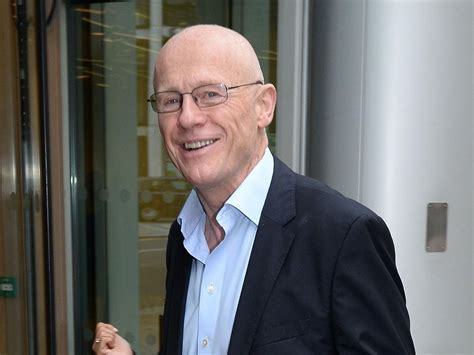A Quote by Ian MacKaye
The amount of money that people spend on saving stuff, they try to feed you this idea that it's more important.
Related Quotes
The idea of confidence, of the emotions of the population, is an incredibly important one in economics. John Maynard Keynes called it 'animal spirit.' And if people are feeling generally good about the future, they're more likely to spend money, to start new companies; companies are more likely to hire people, make investments.
When you raise the budget, you make creative compromises. The higher the budget goes, the more cuts in your movie happen. When people talk about how movies are watered down, that's a direct reflection of money and budget. The less money you spend; the more risks you can take. That doesn't mean it will be successful, but at least you can try different stuff. The higher your budget is, the less you can do that.
We are living at a time where a handful of people have wealth beyond comprehension - huge yachts, jet planes, tens of billions of dollars, more money than they could spend in a thousand lifetimes. But at the same time, millions of people are struggling to feed their families or put a roof over their heads or find the money to go to a doctor.



































